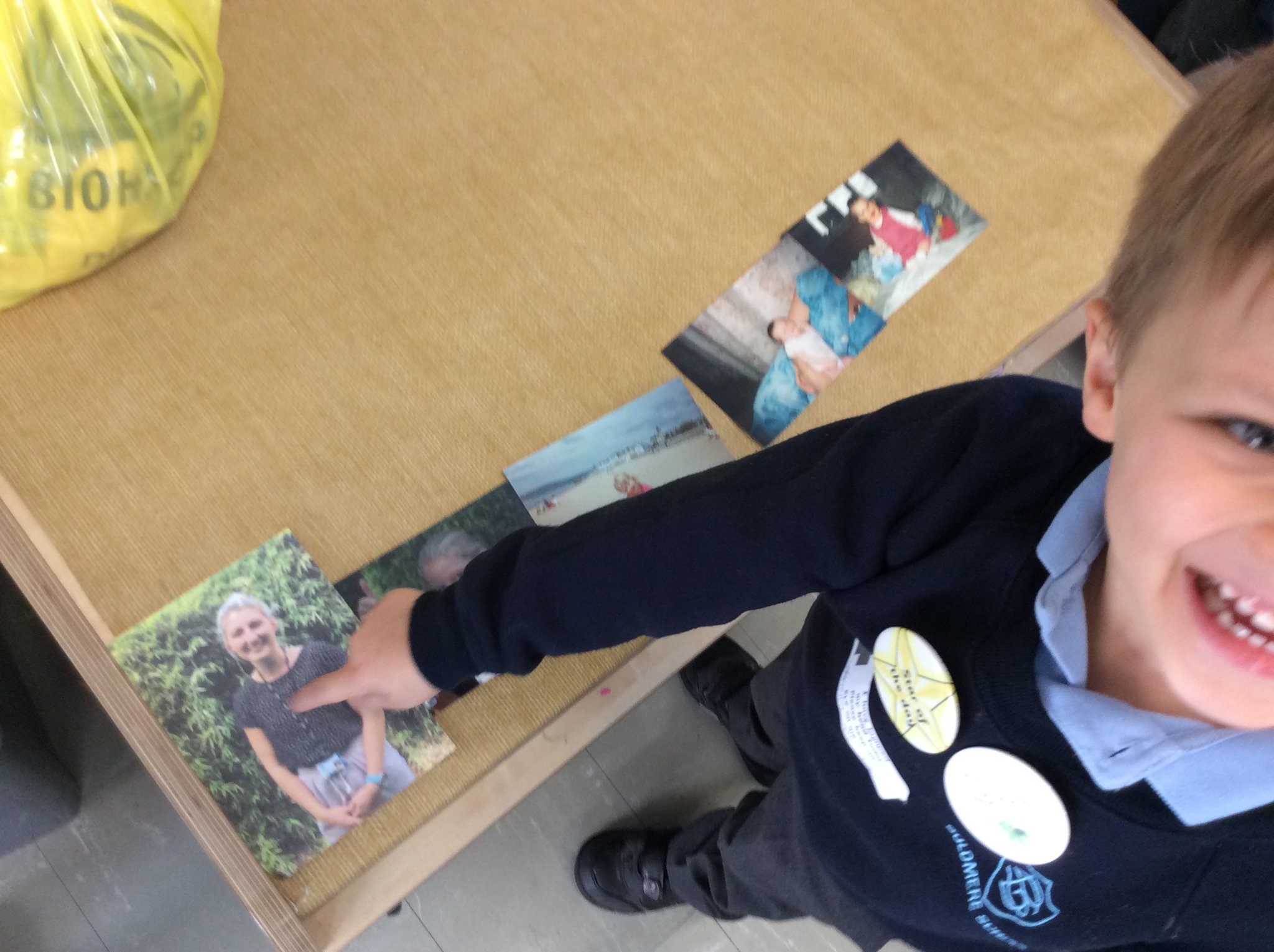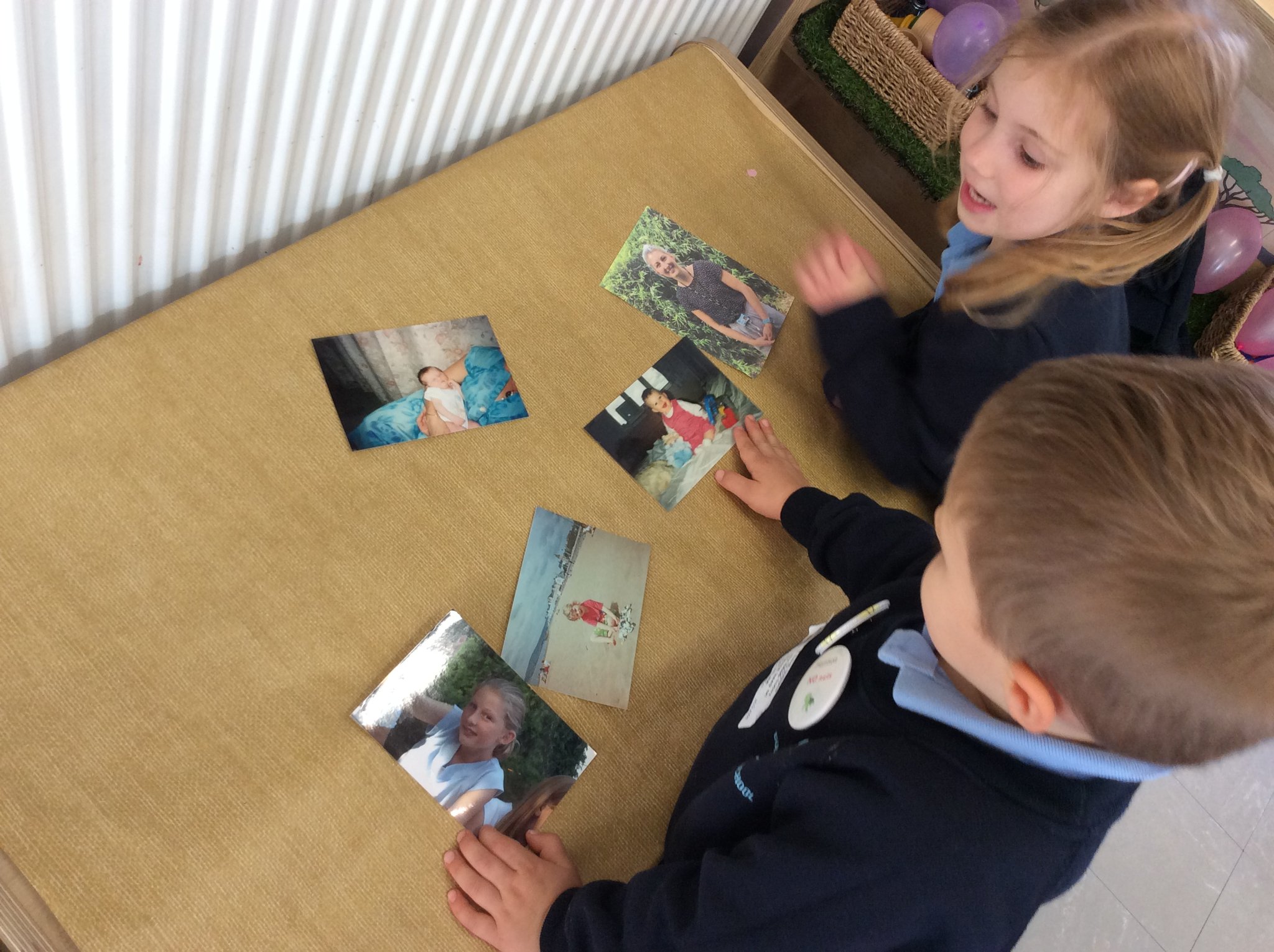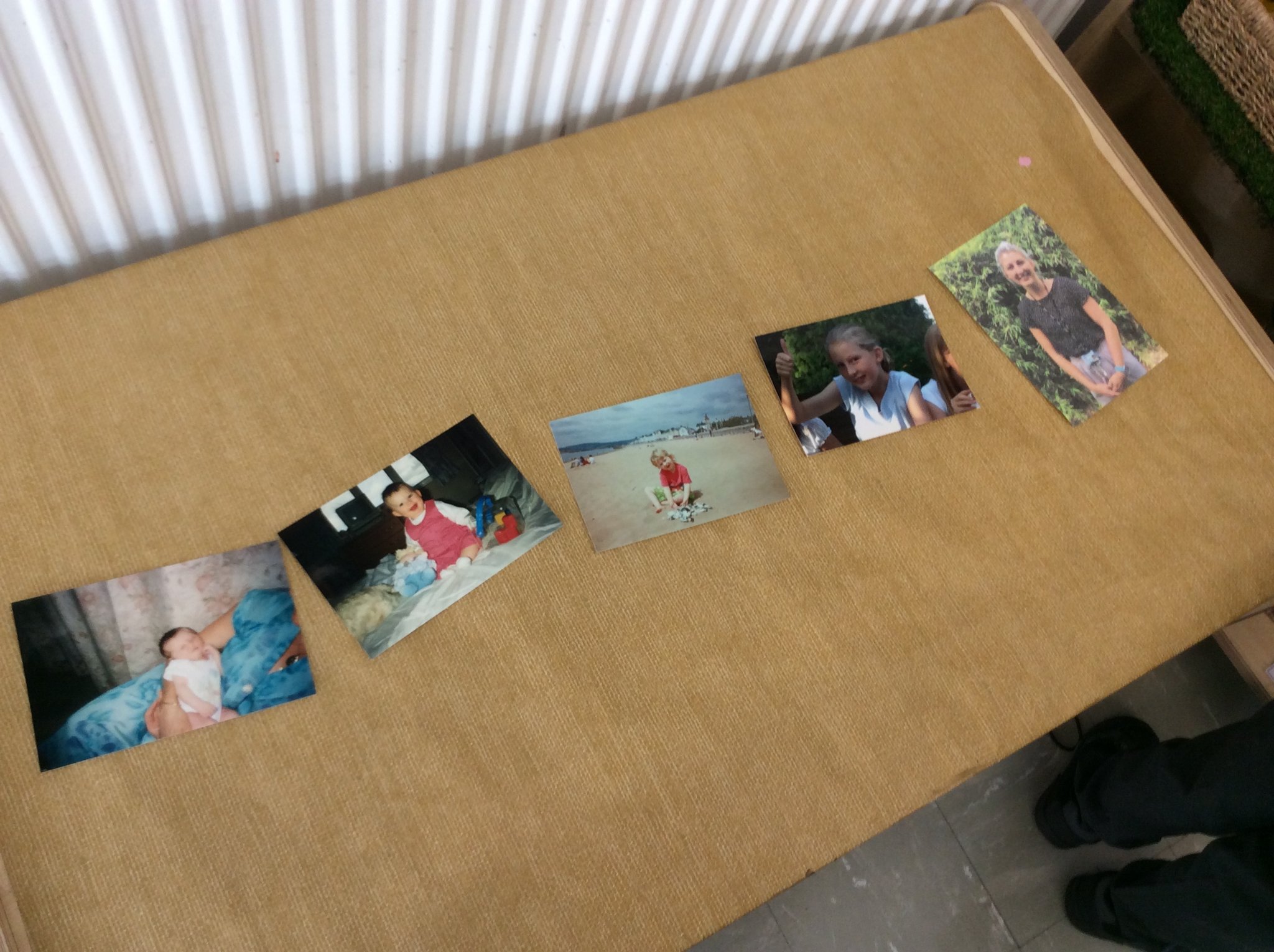History
.png)
“Learning about events from the past”

Intent
We want our children to begin to have an understanding of their place in the world by relating history to their life and the lives of their families. We value the varied experiences that some of our children bring and aim to use these as a starting point to make links with our history curriculum. We want our young children to develop a sense of the past and be curious and excited to learn and to be able to explain what it is like to work as a historian. We aim for them to leave our school with knowledge of some people and events from the past and the skills to find out more. We want our children to have the vocabulary to enable them to talk about the past.
Implementation
We have designed our own school curriculum based on the National Curriculum and our topic based approach. Basic skills are taught alongside knowledge of the past that is relevant or engaging to our young children. Skills are revisited in different contexts in order for them to be embedded and developed. Through our topics, we make links between history and other areas of the curriculum. We inspire our children to want to learn more at home.
We teach factual information and use the experiences of our children and their families to build understanding and skills. We engage children in history by giving them the opportunity to use artefacts, role play, stories, video clips and pictures to ask and answer questions about the past.
Our Curriculum
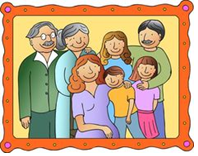 At Boldmere Infant and Nursery School, we believe that the fundamental skills and foundations of understanding for History begin in Early Years. The Early Years Foundation Stage is key in developing our children's understanding of the world, providing experiences that introduce the concept of time and a sense of change. Skills are developed through the “Understanding the World” area of learning with activities linked to cross curricular topics. Our children are introduced to their immediate history: that of themselves and their families. They explore pictures, photographs, videos, objects or artefacts from their own past or that of recent history. It is important for the children to develop an understanding of Britain’s past and British Values, and that of the wider world.
At Boldmere Infant and Nursery School, we believe that the fundamental skills and foundations of understanding for History begin in Early Years. The Early Years Foundation Stage is key in developing our children's understanding of the world, providing experiences that introduce the concept of time and a sense of change. Skills are developed through the “Understanding the World” area of learning with activities linked to cross curricular topics. Our children are introduced to their immediate history: that of themselves and their families. They explore pictures, photographs, videos, objects or artefacts from their own past or that of recent history. It is important for the children to develop an understanding of Britain’s past and British Values, and that of the wider world.
What does History look like in Early Years?
.png)
.png)
In Nursery we have been exploring our own family history. We shared photographs of a parent’s wedding day and asked lots of questions. We also had a look at a baby book showing photographs of how we change as we grow!
In Reception, we have been thinking about changes over time and discussing changes in our own family members and our community. We ordered photographs of our teachers over time and could recognise how they had developed from babies to the adults that teach us today.
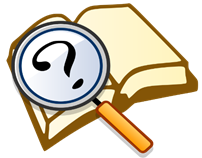 In Key Stage One, skills gained in EYFS are built upon through the teaching of the National Curriculum objectives which focus on; changes within living memory, events beyond living memory, the lives of significant individuals in the past and significant historical events, people and places in their own locality. The history curriculum promotes links with other subjects where appropriate. Our focus upon changes and events within living memory in Year One provides opportunities for our children to identify similarities and differences between ways of life in different periods and to develop an understanding of chronological framework. We aim to equip children with the skills needed to explore and engage with the past, enabling them to develop an understanding of what it is like to work as a Historian. Children are given the opportunity to use sources and artefacts to investigate famous individuals such as Florence Nightingale and Alexander Graham Bell in Year Two and are supported and encouraged to ask and answer questions to develop their history enquiry skill.
In Key Stage One, skills gained in EYFS are built upon through the teaching of the National Curriculum objectives which focus on; changes within living memory, events beyond living memory, the lives of significant individuals in the past and significant historical events, people and places in their own locality. The history curriculum promotes links with other subjects where appropriate. Our focus upon changes and events within living memory in Year One provides opportunities for our children to identify similarities and differences between ways of life in different periods and to develop an understanding of chronological framework. We aim to equip children with the skills needed to explore and engage with the past, enabling them to develop an understanding of what it is like to work as a Historian. Children are given the opportunity to use sources and artefacts to investigate famous individuals such as Florence Nightingale and Alexander Graham Bell in Year Two and are supported and encouraged to ask and answer questions to develop their history enquiry skill.
What does History look like in Key Stage One?
In Year One, we have been thinking about our early experiences and memories and have created our own timeline showing our living memory and the changes we have been through in our lives already.

.png)
